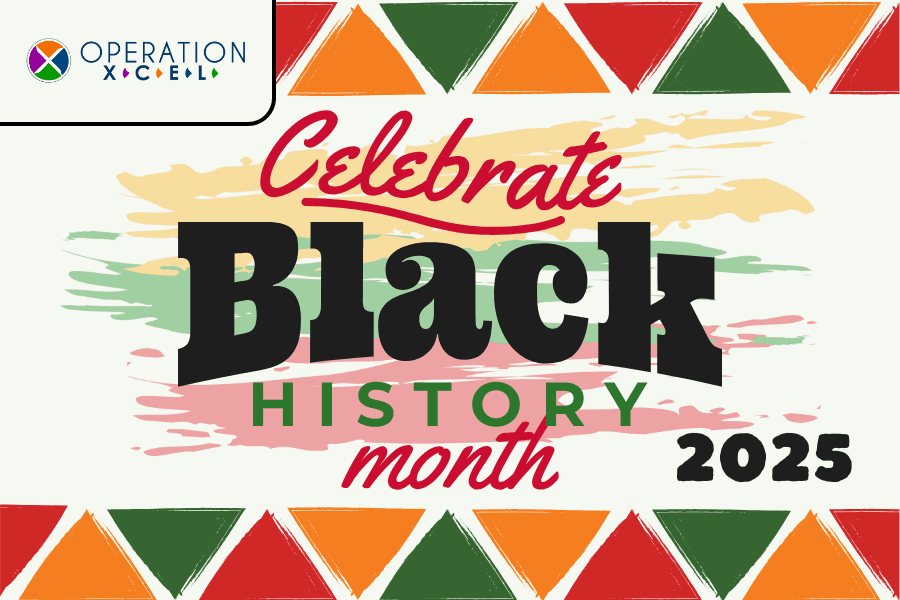
Black History Month, celebrated every February, has become an essential part of the educational curriculum in the 21st century. Its significance lies in fostering an inclusive learning environment, honoring the contributions of African Americans, and addressing historical injustices. By integrating Black History Month into the educational framework, schools can empower students to appreciate diversity, understand the past, and build a more equitable future.
Promoting Cultural Awareness and Understanding
One of the primary benefits of Black History Month is its role in promoting cultural awareness and understanding. In a multicultural society, students must learn about the rich and diverse histories that have shaped the nation. Black History Month highlights the stories, struggles, and triumphs of African Americans, providing students with a well-rounded perspective on history.
Through engaging lessons, interactive activities, and commemorative events, educators can bring to life the experiences of individuals who have shaped the course of history. From the resilience of enslaved people to the groundbreaking achievements of civil rights leaders, Black History Month enables students to gain a deeper appreciation for the diversity of human experiences. This awareness fosters empathy, respect, and a commitment to social justice, essential qualities for students navigating an increasingly interconnected world.
Addressing Historical Injustices
The significance of Black History Month extends beyond celebrating achievements; it also involves addressing historical injustices that have long been overlooked or marginalized in mainstream education. The legacies of slavery, segregation, and systemic racism have left lasting imprints on society, and understanding these legacies is crucial for fostering accountability and promoting reconciliation.
By examining the historical context of racial discrimination and its ongoing impact, students can develop a critical awareness of the inequities that persist in contemporary society. Black History Month encourages educators to delve into difficult but necessary conversations about race, privilege, and power dynamics. This honest examination equips students with the knowledge and tools to challenge prejudice and advocate for a more just and inclusive future.
Celebrating Achievements and Contributions
Black History Month is an opportunity to celebrate the myriad contributions of African Americans to various fields, including science, literature, the arts, politics, and sports. By highlighting these achievements, educators can inspire students to recognize the potential within themselves and others, regardless of their background.
The stories of trailblazers such as Harriet Tubman, Martin Luther King Jr., Maya Angelou, and Barack Obama serve as powerful examples of perseverance, courage, and innovation. These narratives can motivate students to pursue their dreams, overcome obstacles, and contribute positively to society. Additionally, celebrating the achievements of African Americans reinforces the idea that diversity is a strength, enriching the cultural and intellectual fabric of the nation.
Integrating Black History into Everyday Curriculum
While Black History Month is a dedicated time for celebrating African American history, its principles should be integrated into the everyday curriculum to ensure a comprehensive and inclusive education. This integration involves infusing diverse perspectives into all subjects, from literature and social studies to science and math.
Educators can incorporate Black history into lesson plans, using primary sources, biographies, and historical documents to provide students with a well-rounded understanding of the past. By doing so, they create a learning environment where diversity is not an add-on but an integral part of the educational experience. This approach enriches students' knowledge and prepares them to thrive in a diverse and globalized world.
Empowering Students to Make a Difference
Black History Month empowers students to become active participants in shaping a more equitable society. By learning about the struggles and successes of African Americans, students are encouraged to reflect on their own roles in promoting social justice and equality. This reflection can inspire them to engage in community service, advocacy, and other forms of civic participation.
Educational programs during Black History Month often include discussions on current events, social movements, and the ongoing fight for civil rights. These discussions provide students with a framework for understanding contemporary issues and the importance of their voices in effecting change. By fostering a sense of agency and responsibility, Black History Month nurtures the next generation of leaders committed to building a better world.
Conclusion
In the 21st century, Black History Month holds immense significance in education. It promotes cultural awareness, addresses historical injustices, celebrates achievements, and empowers students to make a difference. By embracing the principles of Black History Month, educators can create a more inclusive and equitable learning environment where all students feel valued and inspired to reach their full potential. As we continue to strive for a just and harmonious society, the lessons of Black History Month remind us of the importance of honoring our shared history and working together to build a brighter future.

